Cement is the backbone of modern construction, and ensuring its quality is vital for the integrity of any building or infrastructure project. That’s why cement testing equipment plays a critical role in laboratories, construction sites, and educational institutions.
At Engineering Solutions Equipment (ESE), we manufacture and supply high-quality, durable, and accurate cement testing machines to meet global standards and deliver consistent results. In this blog, we’ll explore the different types of cement testing equipment, their importance, and why ESE is a preferred partner for quality control in construction.
Why Is Cement Testing Important?
Cement is a binder — the substance that sets, hardens, and binds materials together. Its performance impacts the strength, durability, and safety of structures. Inaccurate or inconsistent cement leads to weak foundations, structural failures, and costly repairs.
Testing ensures:
- Compliance with IS/ASTM/BS standards
- Uniformity in production
- Suitability for specific environments
- Detection of harmful compounds
- Quality assurance before use
Types of Cement Testing Equipment Offered by ESE
We offer a complete range of lab and field equipment to test the physical and chemical properties of cement. Here are the most essential ones:
1. Vicat Apparatus
- Purpose: Determines the setting time of cement (initial & final).
- Standard: IS:4031 (Part 5)
- Why it’s important: Controls workability and curing schedule.
2. Le Chatelier Apparatus
- Purpose: Tests the soundness of cement (ability to retain volume after setting).
- Standard: IS:4031 (Part 3)
- Application: Detects the presence of excess lime or magnesia.
3. Blaine Air Permeability Apparatus
- Purpose: Measures the fineness of cement by determining the specific surface area.
- Impact: Fine cement improves strength but reduces workability — striking the right balance is key.
4. Cement Autoclave
- Purpose: Tests unsoundness in cement by applying high-pressure steam.
- Used for: Accelerated soundness testing.
5. Compression Testing Machine (CTM)
- Purpose: Determines the compressive strength of cement mortar cubes.
- Capacities Available: 100kN to 3000kN
- Standards: IS 516, ASTM C109
6. Time of Setting Apparatus
- Combines Vicat needle, weights, and mold setup.
- Digital and analog versions available.
7. Cement Consistency Apparatus
- Purpose: Measures the standard consistency of cement paste.
- Helps prepare cement pastes for other tests (e.g., setting time, strength tests).
8. Specific Gravity Bottle (Le-Chatelier Flask)
- Measures density and specific gravity — important for mix design and volume calculations.
9. Mortar Cube Molds
- 70.6 mm and 50 mm sizes
- Made from cast iron or steel
- Ensures accurate and consistent cube sizes for CTM tests
Conclusion: Strong Foundations Begin with Accurate Testing
Cement quality determines the strength and durability of every structure we build. With accurate and reliable cement testing equipment from Engineering Solutions Equipment (ESE), you’re empowered to test, verify, and build with confidence.
Whether you’re laying the first brick of a home or pouring concrete for a mega highway, start with the right data, from the right equipment.
Frequently Asked Questions (FAQs)
Q1. How often should I calibrate my cement testing equipment?
A: Ideally, every 6–12 months, or before starting any critical project.
Q2. Does ESE offer AMC (Annual Maintenance Contracts)?
A: Yes, we provide comprehensive maintenance and servicing plans across India.
Q3. Are your machines compliant with IS codes?
A: Absolutely — our machines comply with IS, ASTM, and BIS norms.
Q4. Can I buy equipment in bulk for government tenders?
A: Yes, we supply to government projects and can handle bulk orders with compliance documentation.
Q5. Do you offer training for lab personnel?
A: Yes, we offer on-site and virtual training sessions for all major testing instruments.
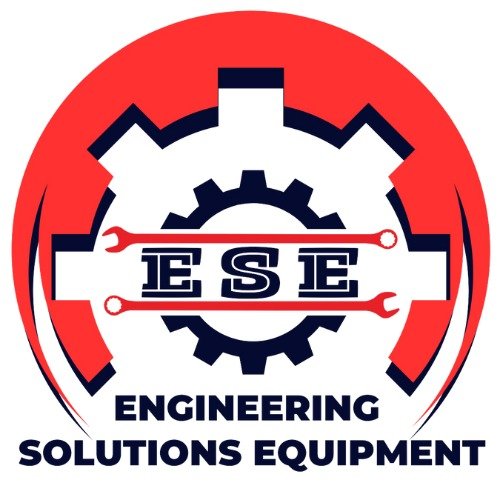

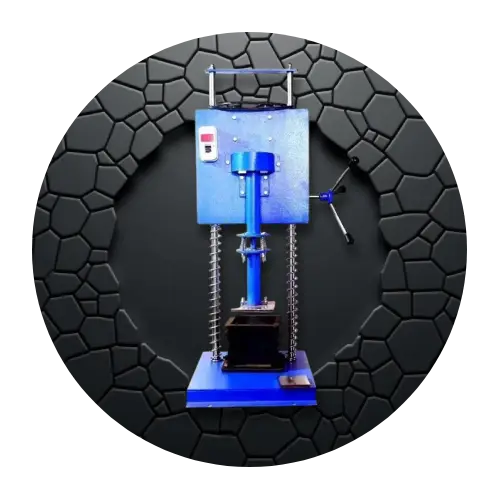
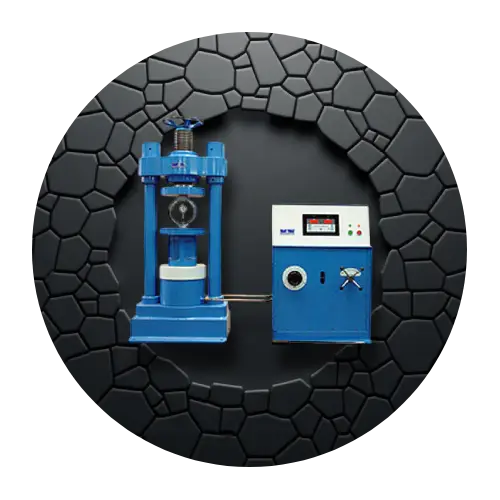
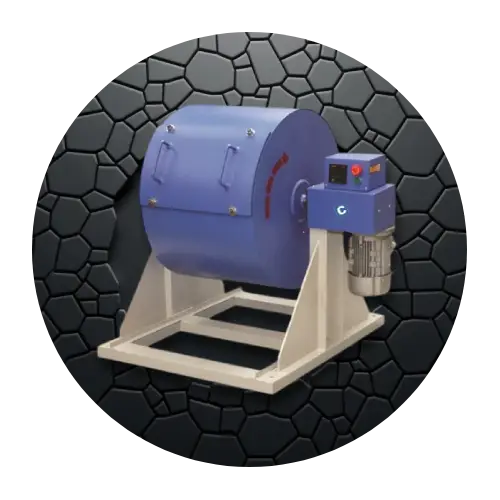
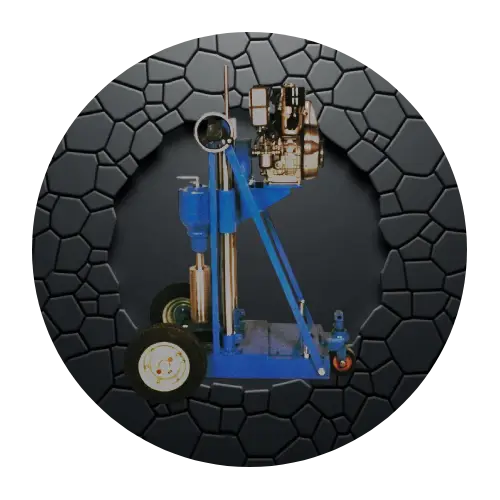
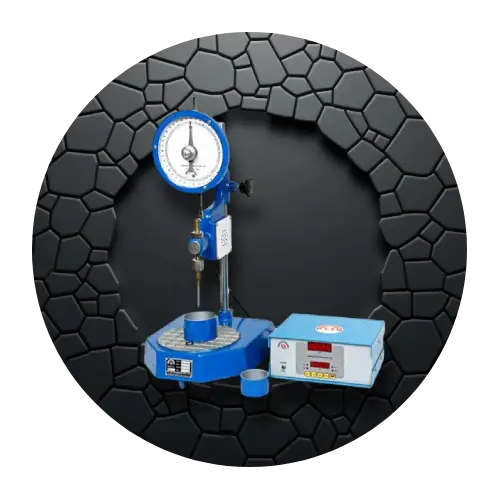
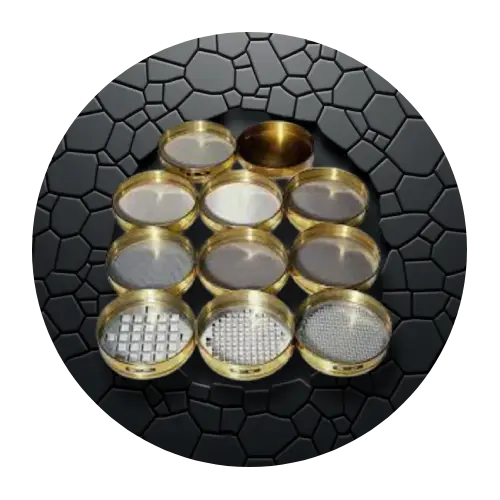


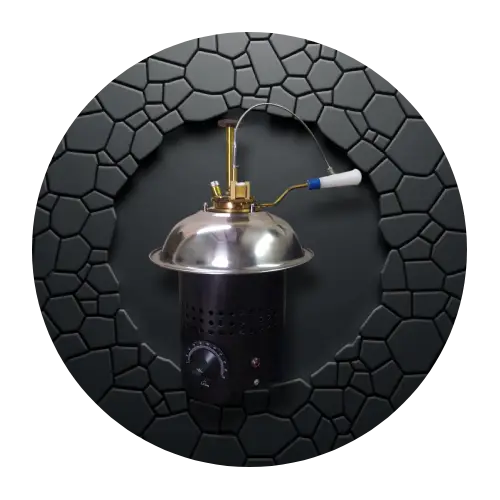
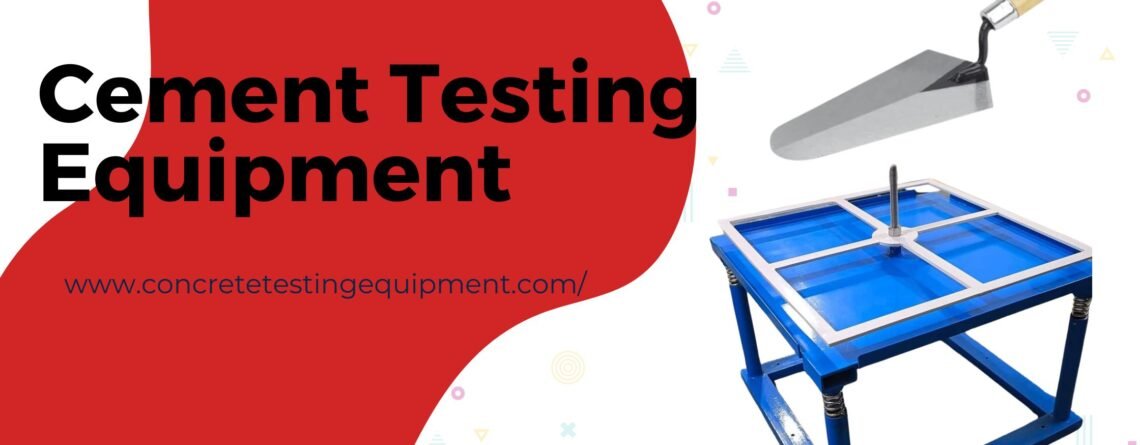



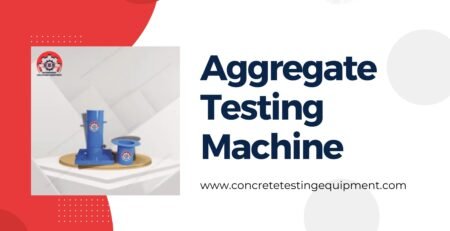

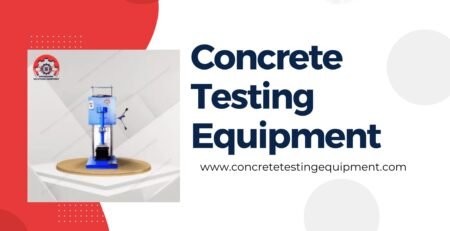
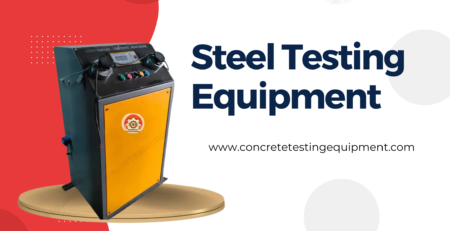




Leave a Reply